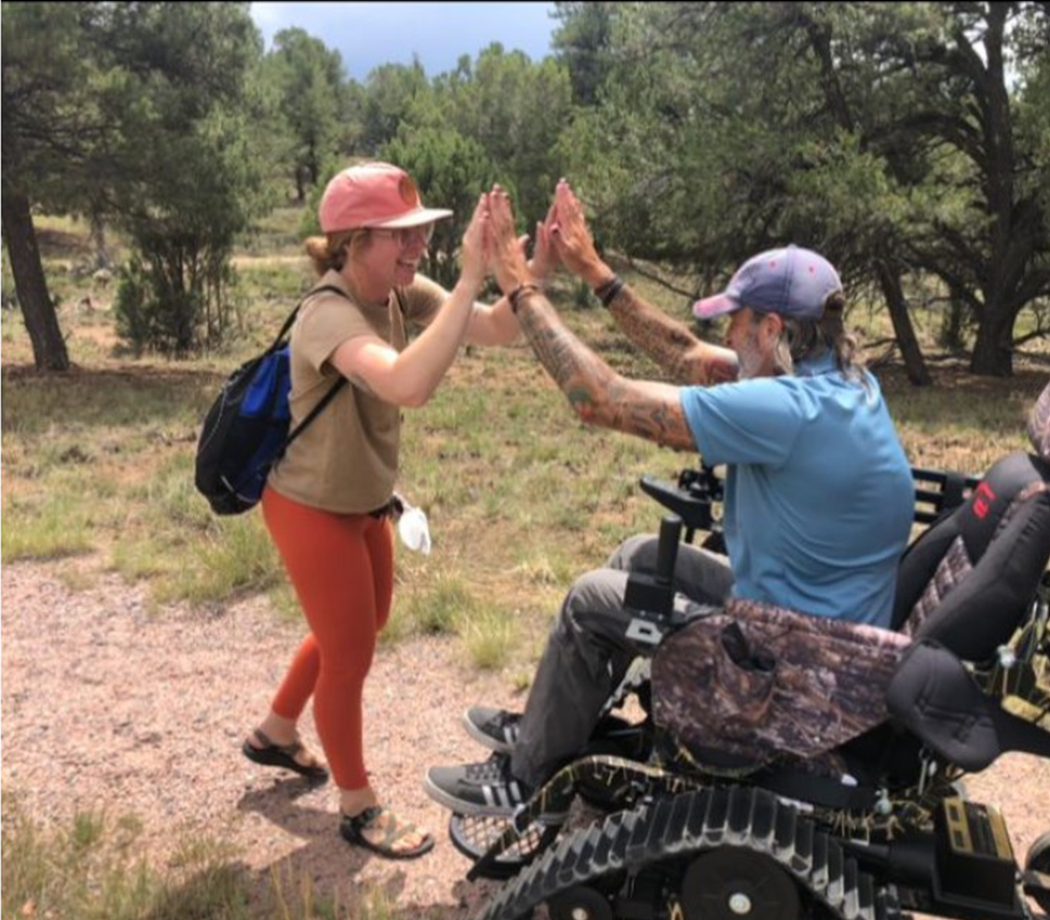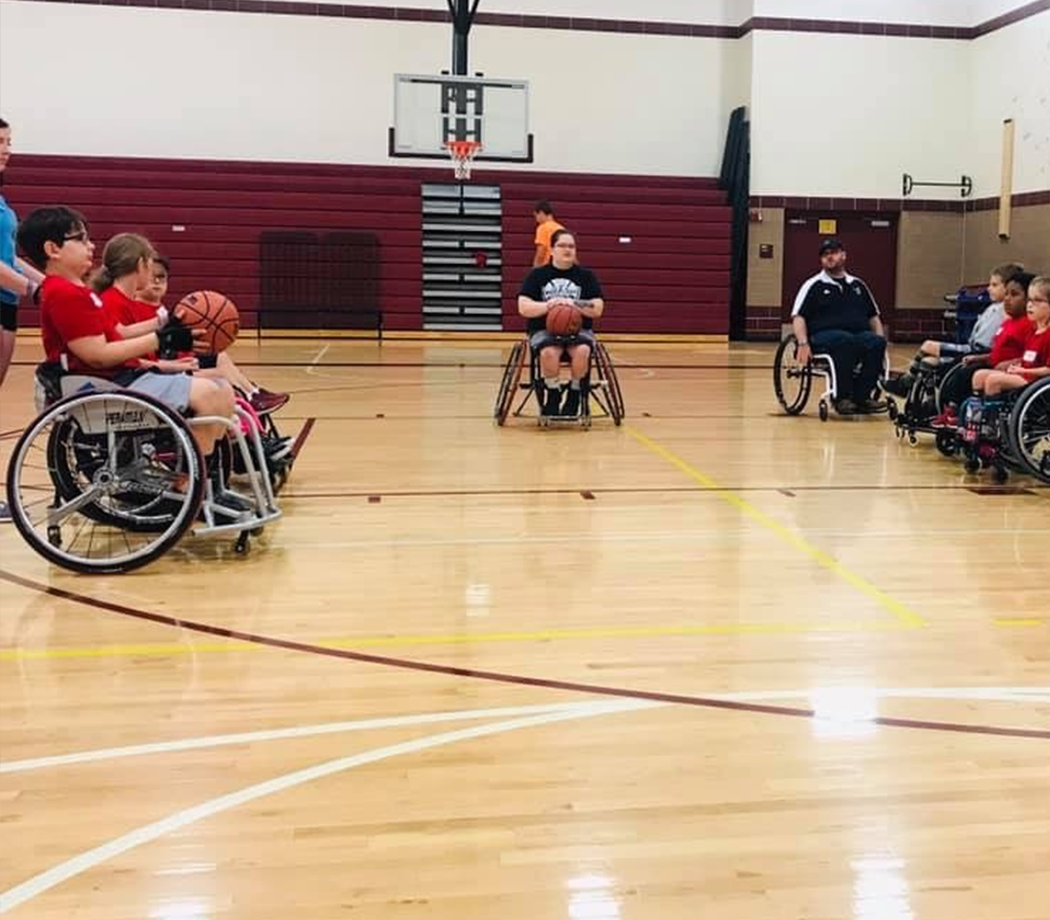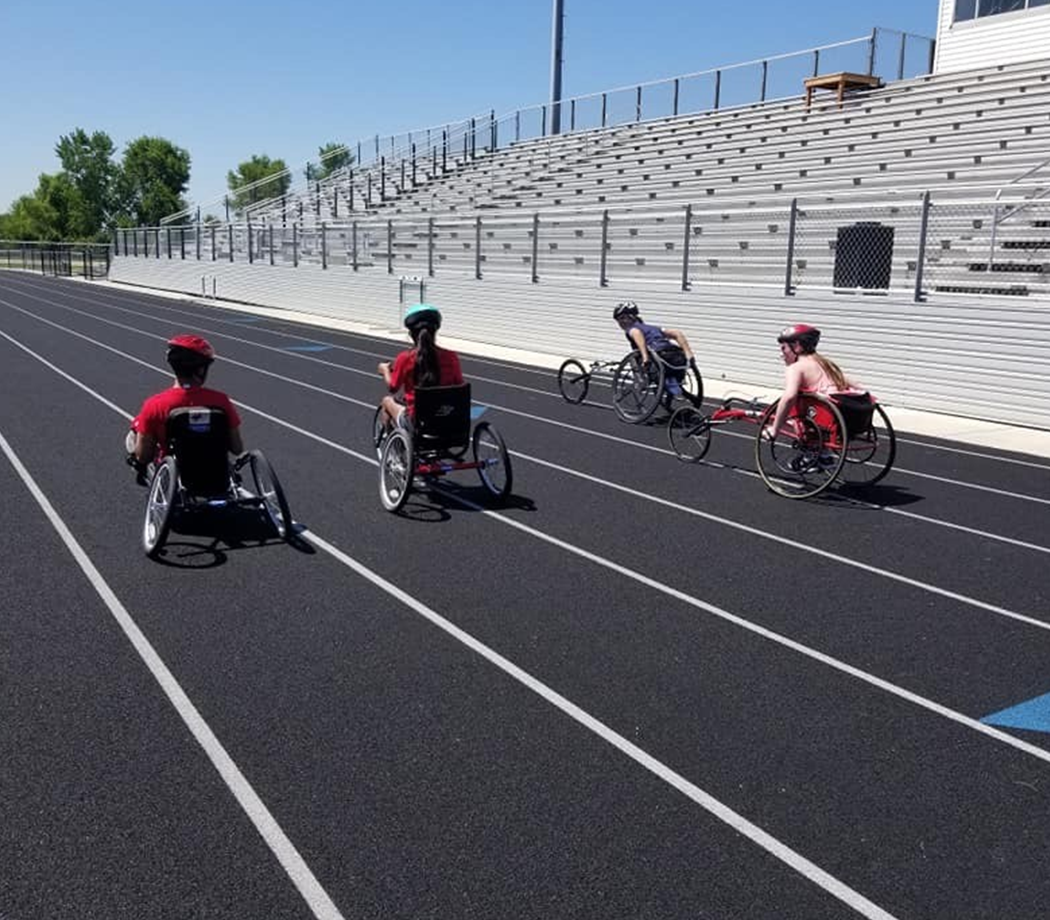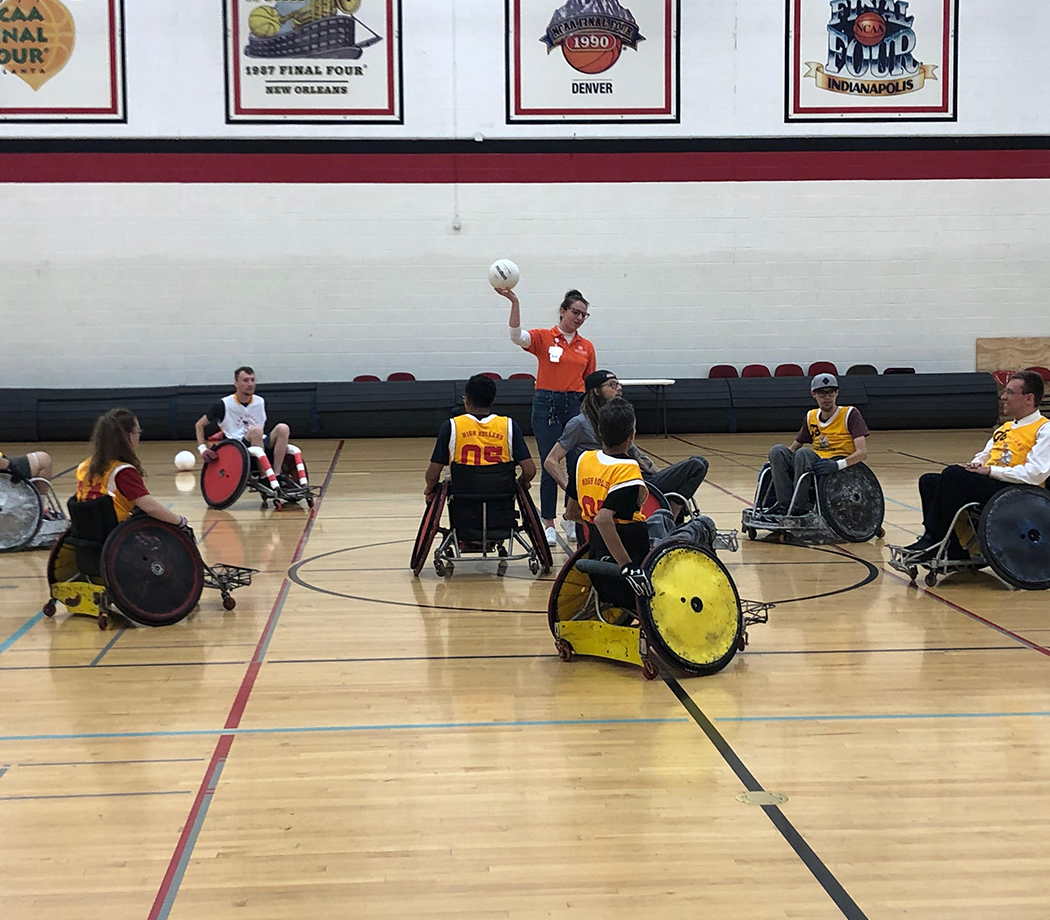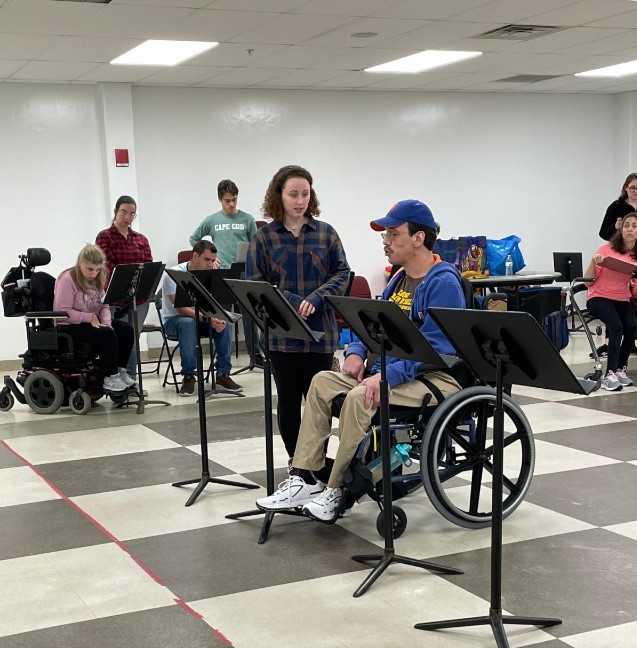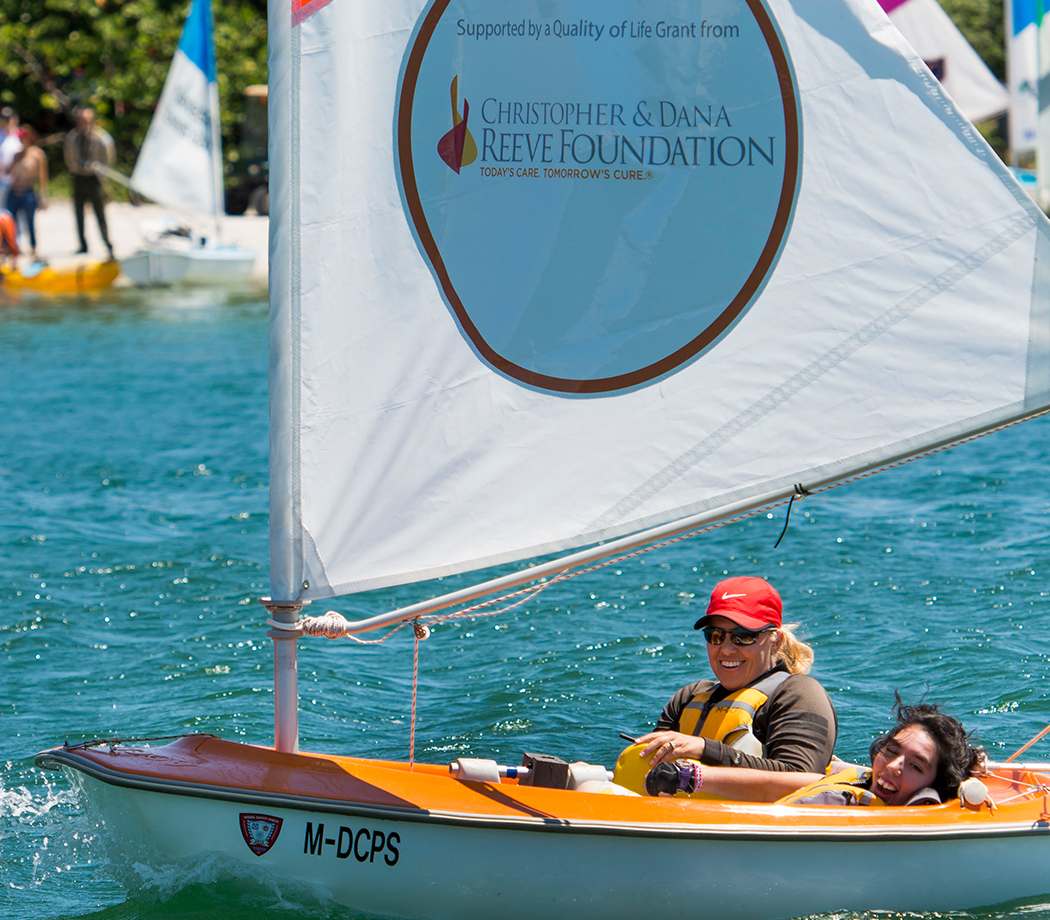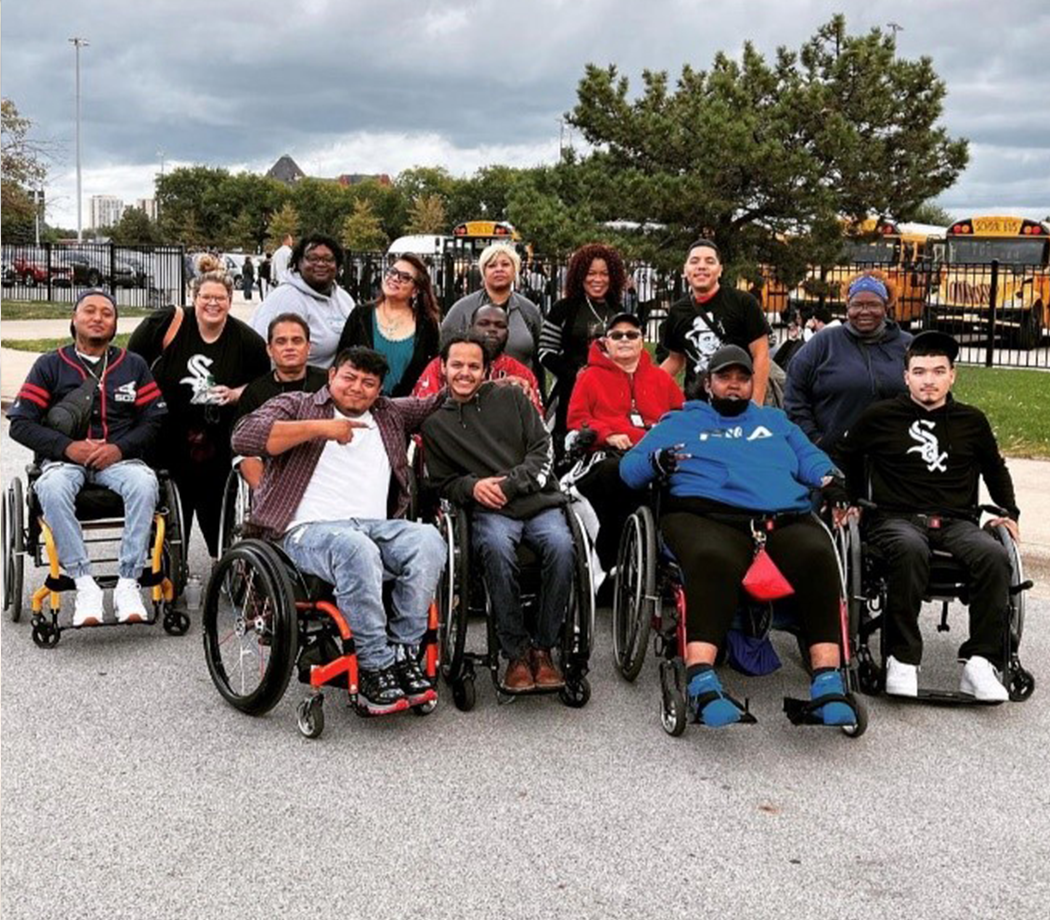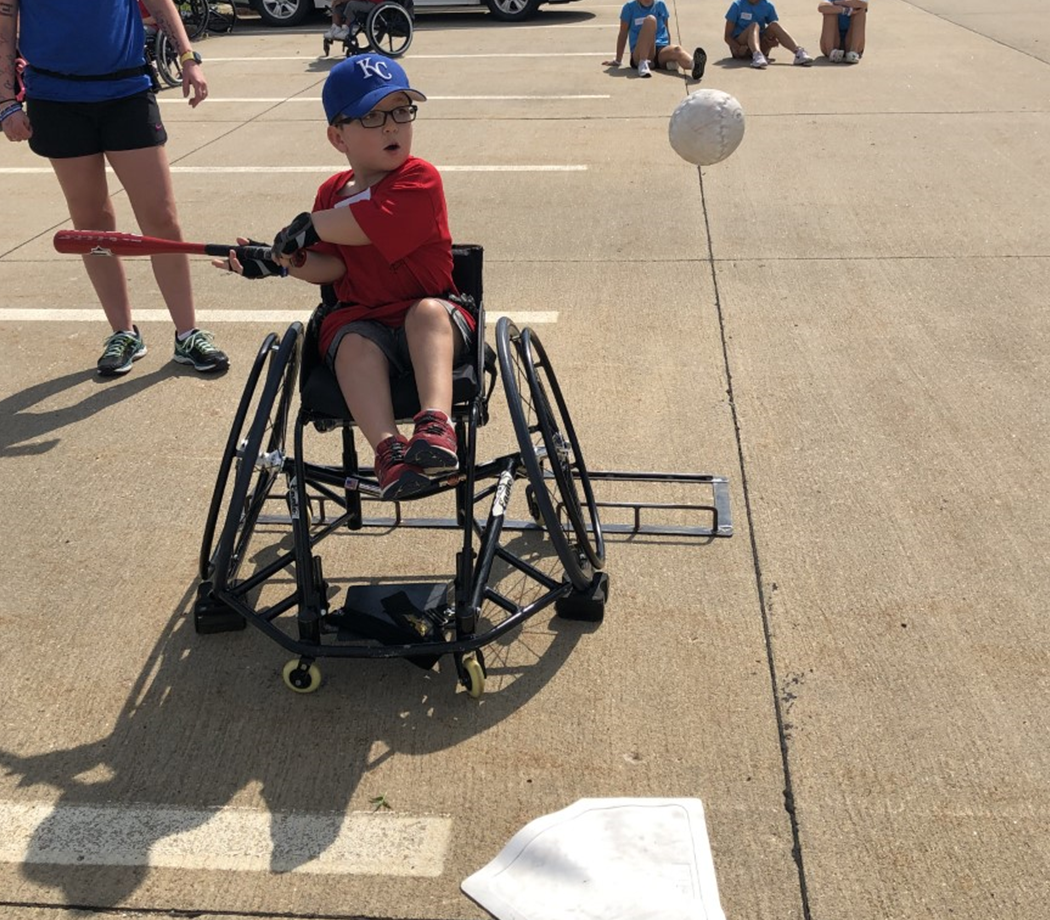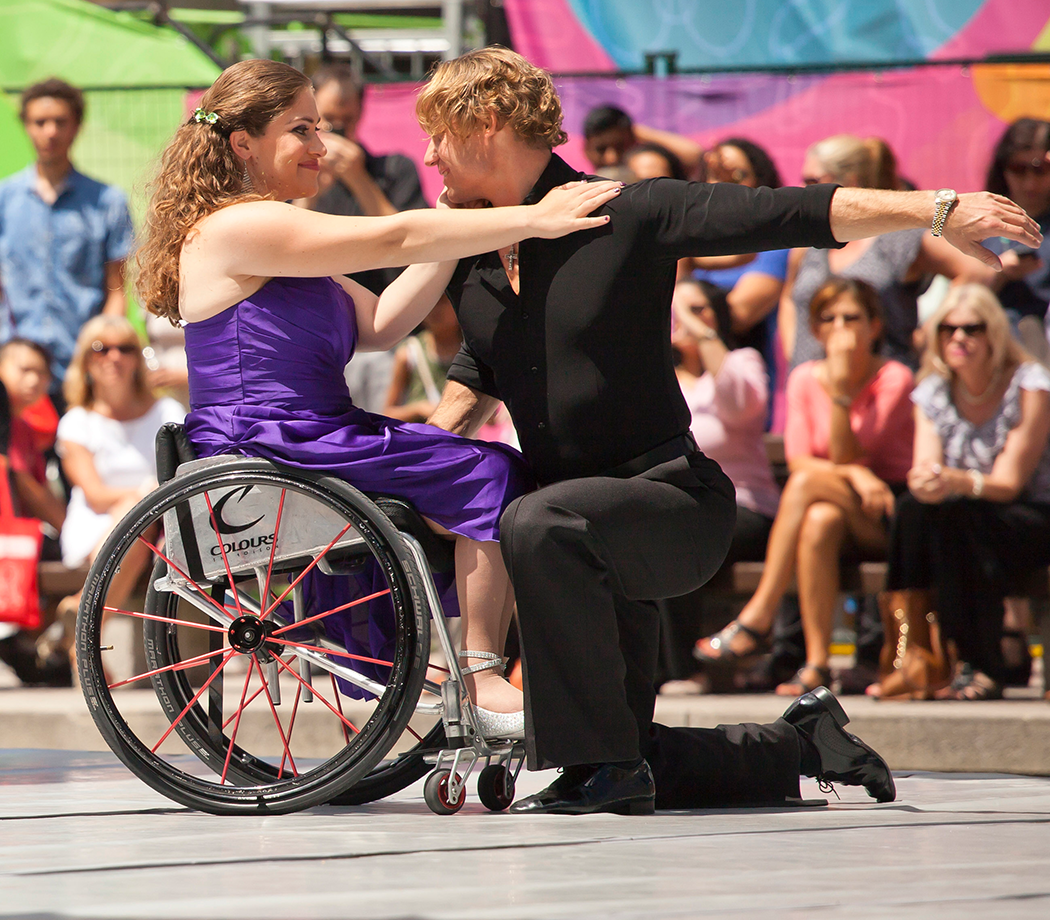Program Overview
2021-2026 QOL Program Changes
Under our new five-year (July 1, 2021-June 30, 2026) cooperative agreement with the Administration for Community Living (ACL), United States Department of Health and Human Services, there have been a number of changes to the QOL Grants Program, including:
- New Building Community Capacity Initiative. Under our new five-year (July 1, 2021-June 30, 2026) cooperative agreement with the Administration for Community Living (ACL), we strive to ensure a level playing field and opportunities for the numerous organizations that apply for QOL grants that serve people living with paralysis. Under this initiative, organizations that are awarded a grant during the July 1, 2021- June 30, 2026 period will not be eligible for a second or subsequent award in the same category of grants until after June 30, 2026. (See below for more information.)
- HIIAT Grants Program. The High Impact Innovative Assistive Technology (HIIAT) grants program has been absorbed into a new Assistive Technology grants program offered through the Priority Impact Tier 2 awards of up to $30,000. The Assistive Technology program is open to all non-profit organizations.
- Transportation grants are now only available as Direct Effect Tier 1 grants from $5,000 up to $24,999.
- A Racial Equity grants program and a grants program focused on Rural Unserved and Underserved Populations have been developed and are offered as of September 2022.
Program Overview
As a pillar of the National Paralysis Resource Center, the Quality of Life Grants Program, pioneered by the late Dana Reeve, impacts and empowers people living with paralysis, their families and caregivers by providing grants to nonprofit organizations whose projects and initiatives foster inclusion, involvement and community engagement, while promoting health and wellness for those affected by paralysis in all 50 states and U.S. territories.
The Quality of Life Grants Program has funded 3,900 non-profit programs, awarding $46 million to organizations nationwide that provide services to foster community engagement, improved access, and independent living.
Grants have been awarded in all fifty states, a number of U.S. territories and though we no longer fund projects outside of the United States of America, grants have previously been awarded in 33 countries outside the U.S.
Quality of Life Grant Details
Applications are welcome from nonprofit organizations with IRS 501(c)(3) status, municipal and state governments, school districts, recognized tribal entities, and other institutions such as community or veterans hospitals.
Grants are awarded to organizations that address the needs of people living with paralysis caused by spinal cord and other injuries, diseases or birth conditions, including (but not limited to) stroke, spina bifida, multiple sclerosis, cerebral palsy and amyotrophic lateral sclerosis (ALS).
The QOL grants program consists of Direct Effect, Priority Impact, and Expanded Impact grants.
Direct Effect (Tier 1) is open-focused and awards grants from $5,000 up to $24,999 to support a wide range of projects and activities. Grants fund programs and projects that will clearly impact individuals living with paralysis and their families (see full program details).
Direct Effect grants are offered twice yearly, in the 1st (Spring) and 2nd (Fall) grant cycles.
Priority Impact (Tiers 2-4) offers three increasing levels of grant funding. Each tier is targeted to focus on a Priority issue for the community of individuals living with paralysis and their families, as follows (please refer to the full program details for more in-depth information and descriptions):
Tier 2 — Grants of up to $30,000 for the following Priority areas:
-
- Assistive Technology
- Disaster Preparedness
- Respite/Caregiving
Tier 3 — Grants of up to $40,000
-
- Racial Equity
- Rural Unserved and Underserved Populations
- Gun Violence Prevention Initiative (Impact of Gun Violence – Pilot)
Tier 4 — Grants of up to $50,000
-
- Employment
- Nursing Home Transition
Priority Impact grants are currently being offered once per year, in the 2nd grant cycle (Fall).
Expanded Impact (Tier 5). A grant program developed for previously awarded Quality of Life grantees whose programs and/or projects have achieved demonstrable, successful impact. The Expanded Impact Quality of Life grants program will award approximately four (4) grants of up to $100,000 each and will support significant expansion of strategies and programs that are evidence-based, show innovate promising practices, and/or best practices in the field they serve to improve quality of life for people with paralysis, their families, and caregivers (see full program details).
Expanded Impact grants are currently being offered once per year, in the 1st grant cycle (Spring).
Time Line:
Funded projects in Tiers 1 & 2 are expected to be completed in 12 months. Tier 3 projects are allowed 18 months for completion, and Tier 4 & 5 are allowed 24 months.
Special Consideration:
The Reeve Foundation gives special consideration to organizations that serve returning wounded military and their families, and to those that provide targeted services to diverse cultural communities and/or underserved population groups. This includes (but not limited to): persons at risk of incarceration, current or released prisoners; ethnic minorities; homeless; indigenous or tribal communities; LGBTQ; limited English proficiency; rural residents; migrant workers; low-income and/or poverty populations; and newly injured people with paralysis and their caregivers.
Application Details
All potential applicants are encouraged to read information on the application page as well as information provided in the Program and Application Guidelines created for each cycle.
Who Should Apply?
The Reeve Foundation aids local grassroots nonprofit organizations that have an immediate and practical impact on individual lives, as well as established nonprofit agencies, municipalities, schools, parks and recreation departments, tribal entities, and large national nonprofit organizations within the United States of America.
Quality of Life grant applications are accepted from 501(c)(3) nonprofit organizations as noted above and other institutions such as community or veterans hospitals. An organization must have its own 501(c)(3) tax status (or be a part of or chapter of a national organization that is a 501(c)(3) nonprofit organization). Fiscal Sponsors are NOT allowed to apply on behalf of non-501(c)(3) nonprofit organizations.
The Reeve Foundation cannot award grants to individuals, but our team of Information Specialists can help identify resources and organizations that can provide financial assistance.
New Building Community Capacity Initiative
Under our new five-year (July 1, 2021-June 30, 2026) cooperative agreement with the Administration for Community Living (ACL), we strive to ensure a level playing field and opportunities for the numerous organizations that apply for QOL grants that serve people living with paralysis. Under this initiative, organizations that are awarded a grant during the July 1, 2021- June 30, 2026 period will not be eligible for a second or subsequent award in the same category of grants until after June 30, 2026.
Grantees awarded during this period may apply for funding under a different tier or different category of grants within the same tier. All awarded applicants can re-apply for funding after one year of the close of your grant and notification of grant closure by the Reeve Foundation.
For example, there are Five (5) Tiers of funding available twice a year. If your organization receives a Tier 2 Assistive Technology grant, you must wait one year after the grant is completed before you can apply for any other Quality of Life grant. You are now ineligible for a second Tier 2 Assistive Technology grant until after June 30, 2026, but you may apply for other categories in the same tier or for other tiers of funding.
If you have any questions regarding our new building community capacity initiative, please email [email protected] with the Subject Line “Eligibility Question.”

